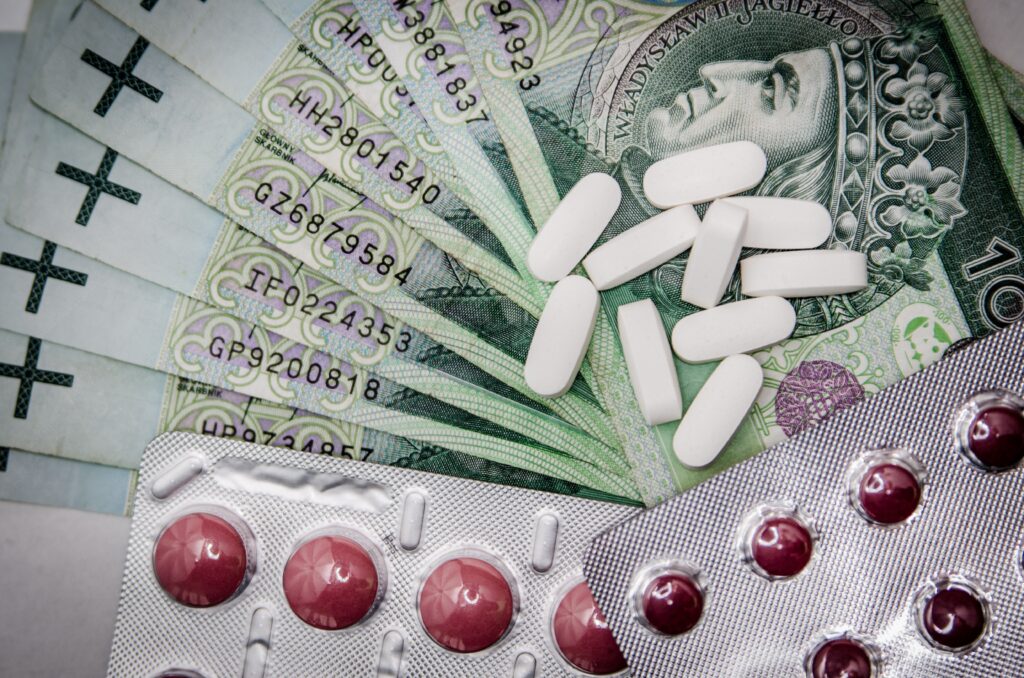Addiction is a term that’s often thrown around, but do we truly understand its meaning and implications? Let’s delve into the medical definition of addiction, explore the fine line between good and bad addictions, and share some enlightening testimonies from studies conducted on this intricate subject.
Defining Addiction:
The medical world defines addiction as a chronic, relapsing disorder characterized by compulsive seeking and use of a substance despite harmful consequences. In essence, it’s a complex brain disease that can alter an individual’s judgment, decision-making, and behavior. It is not confined to drugs or alcohol; addiction can extend to a variety of activities and substances.
Recognizing Addiction:
Recognizing addiction, whether good or bad, is the first step toward addressing the issue. It’s essential to be aware of the signs and symptoms that might indicate an addiction is at play. Common red flags include a loss of control over the behavior, an increased tolerance, withdrawal symptoms when the behavior is not engaged in, and neglect of responsibilities, relationships, or health. If someone’s behavior or substance use is causing harm and they continue despite negative consequences, it’s a clear signal that addiction may be in play. Remember, addiction can manifest in various ways, so it’s crucial to be vigilant and compassionate in supporting those who may be struggling. It’s also essential to seek professional guidance if you suspect you or someone you know is facing the challenges of addiction to ensure timely and effective intervention.
Good and Bad Addictions:
When we think of addiction, our minds often jump to harmful substances, such as drugs or alcohol, which are undeniably detrimental. However, there are activities and habits that can be considered ‘good’ addictions, as they offer positive outcomes.
Bad Addictions:
- Substance Abuse: Studies consistently show the negative impact of substance addiction. Drug and alcohol dependence can lead to health issues, strained relationships, financial woes, and legal troubles. The consequences are far-reaching and damaging.
- Technology Overuse: In the digital age, excessive use of technology, including smartphones and social media, is another form of harmful addiction. This can lead to reduced productivity, isolation, and mental health issues, making it a modern-day concern.
Good Addictions:
- Exercise: For many, exercise can be a positive addiction. Regular physical activity not only promotes physical health but also enhances mental well-being. The “runner’s high” is a testament to the euphoria it can provide.
- Learning: The pursuit of knowledge and intellectual growth can be an excellent addiction. It encourages personal development and can lead to better career prospects, personal fulfillment, and increased self-esteem.
Testimonies from Studies:
A study published in the Journal of Substance Abuse documented the life experiences of individuals struggling with substance addiction. Sarah, a 30-year-old participant, recounted, “I lost my job, my family, and my health to drugs. It was a vicious cycle that seemed impossible to escape. The grip of addiction was suffocating.”
On the other hand, a study conducted by the National Institute of Mental Health explored the benefits of positive addictions. John, a 40-year-old enthusiast of mountain climbing, shared his journey: “Scaling mountains has given me a new purpose in life. The sense of accomplishment, the breathtaking views, and the physical challenges keep me grounded and focused. It’s my addiction to a healthier, happier life.”
Fighting Addiction:
Overcoming addiction, whether good or bad, is a challenging journey that requires determination, support, and a well-thought-out strategy. The first crucial step is acknowledging the addiction and accepting the need for change. Once this self-awareness is in place, consider the following steps:
1. Seek Professional Help: Addiction often requires specialized treatment, whether in the form of therapy, counseling, or medical intervention. Consult a healthcare professional who can guide you toward the most appropriate treatment plan.
2. Build a Support System: Surround yourself with individuals who understand your journey and can provide encouragement and accountability. Family, friends, or support groups can play a significant role in your recovery.
3. Set Realistic Goals: Define clear and attainable goals for recovery. Whether it’s reducing substance use, breaking harmful habits, or nurturing positive addictions, having concrete objectives can help maintain focus.
4. Mindfulness and Self-Care: Cultivate mindfulness techniques to manage cravings and stress. Engage in self-care activities that promote mental and emotional well-being, such as meditation, yoga, or hobbies that bring joy.
5. Replace with Positive Habits: To overcome a harmful addiction, replace it with healthier alternatives. For example, if you’re battling substance addiction, exercise can help release endorphins and reduce cravings. If technology overuse is the issue, redirect that energy towards learning or engaging in creative pursuits.
6. Stay Accountable: Regularly evaluate your progress and hold yourself accountable for your actions. Keeping a journal, setting reminders, and tracking your journey can help maintain motivation.
7. Patience and Perseverance: Be patient with yourself; recovery is not a linear process, and setbacks can occur. The key is to persist and learn from each experience.
8. Celebrate Successes: Acknowledge and celebrate small victories along the way. Every step towards recovery, no matter how minor, is a significant achievement.
Remember that the path to overcoming can be arduous, and it’s okay to ask for help when needed. Whether you’re tackling a bad addiction or nurturing a good one, the process can be transformative, leading to a healthier, more fulfilling life. Your dedication and perseverance are the greatest tools in your fight against addiction.
Addiction is a multifaceted issue, extending beyond the realm of substances to encompass both detrimental and beneficial aspects of life. While bad addictions can wreak havoc on an individual’s life, good addictions can contribute to personal growth and well-being. Understanding the difference is vital to making informed choices about the paths we tread. The testimonies from studies serve as poignant reminders of the real people caught in the throes of these addictions and the transformative power of making healthier choices.


